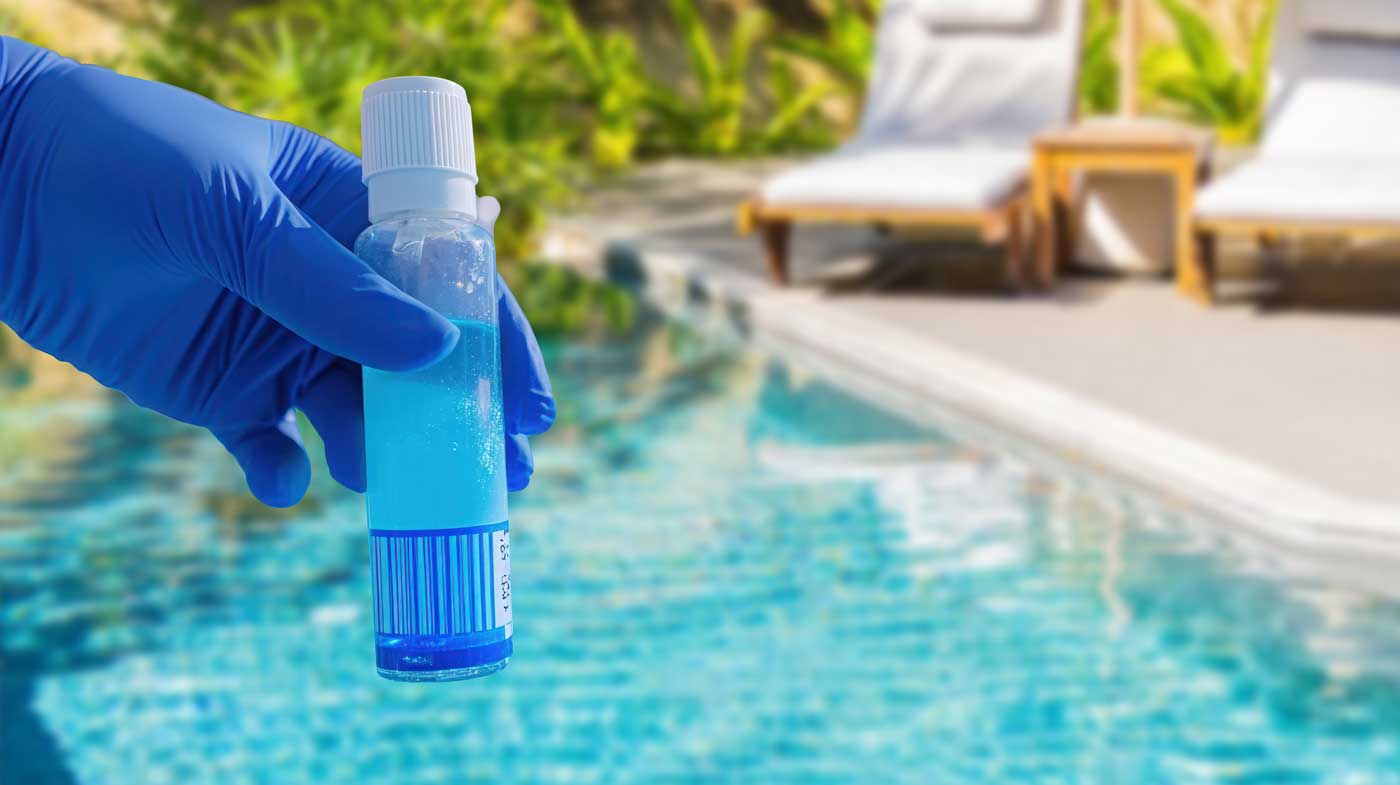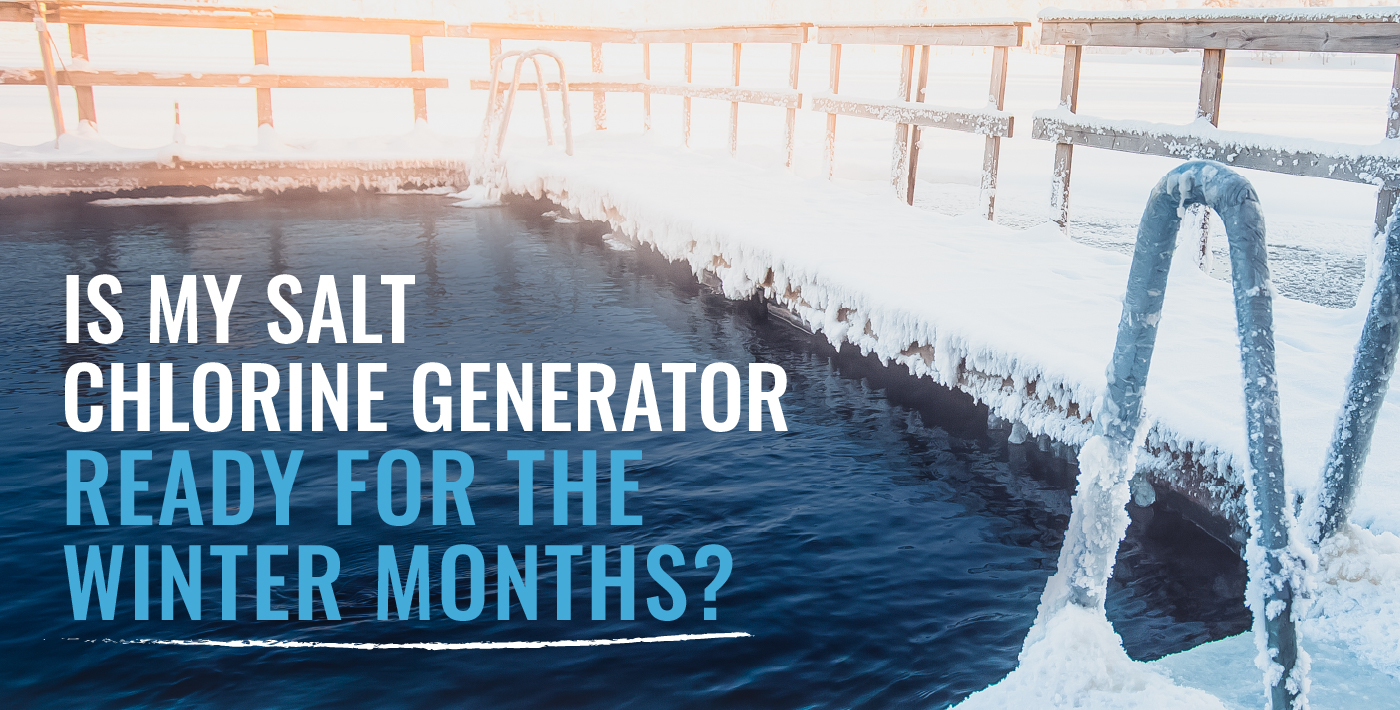Also, warranties can be voided if improper water chemistry is determined to be the reason…
There are several reasons why your salt chlorine generator (SCG) may appear to not work properly. Some, of which, are caused by system malfunctions, but others are the result of operating conditions, chemical additions, or the environment. In this blog, we’ll cover how the natural environment can affect the performance of your SCG.
Summertime brings several challenges to an SCG. School’s out and all the neighborhood kids are using your pool. The summer heat turns your pool into a giant-sized hot tub. Dust storms make a mess, dumping dirt and debris into your pool. And, or of course, summer rains dump a lot of water into your pool. Kids and heat, and increase the demand for chlorination, but how do summer storms affect your pool? Let’s see.
The affect summer storm will have on your pool will depend primarily on the atmosphere, location, and quantity of rainfall. While some areas will experience acid-rain, which lowers pH levels, most rain is relatively pH neutral and does not significantly affect the overall water chemistry. It’s important to make sure that you test and adjust your pH level to ensure optimum chlorine strength. Increasingly high pH levels will require more chlorine to maintain your pool to safe and clean conditions.
There are two main types of pool locations: screened and unscreened. Some believe that a screened pool means fewer issues to deal with. While this is true for airborne issues, like leaves, bugs, and bird droppings, the screen can actually act as a net, catching everything that comes its way. While you avoid the larger items not blowing into your pool, all of that collected debris tends to get blown into your pool during a storm. The resulting contamination requires copious amounts of chlorine to keep the water clean.
Unscreened pools have their own issues without the screen, debris will enter the pool daily. The introduction of organics matter, such as leaves, and grass clippings, and airborne chemicals, has a detrimental effect on your pool water quality. Decaying organics and fertilizers will leave phosphates in the pool, which is a primary food source for algae. At high levels, it will create an increase in chlorine demand. You can prevent these conditions by not allowing debris to collect on your screen roofs over your pool, and by making sure that you keep your pool clean of debris. Also, make sure that you test your pool water for phosphates periodically—2 to 3 times a year should suffice, and treat as needed.
If your pool is in an area prone to heavy rainfall, you should be aware that the rain will lower your salinity level. As rainwater raises the water level, it may cause pool water to escape through the overflow pipe. This prevents your pool from overflowing, but it also changes your water chemistry. Some pool owners drain down the water level when they anticipate heavy rainfalls (such as hurricane prone areas of the US). In either case, the pool water draining out will also drain the salt that is in the water. It is important to make sure that you check your salinity levels more frequently after a heavy rainfall. As a reminder, with outdoor pools, salt additions will require cyanuric acid additions, as they are lost in the same manner.
For drought-prone areas, the water evaporating does not lower salinity level, it will slightly increase it. You can correct this condition by topping off the water level, which will return the salinity level to normal.
AutoPilot also has a model SCG that can control both the PH and chlorine levels automatically it is called the Pool Pilot Total Control System. It features a pH sensor as well as an ORP sensor, it dispenses acid when needed and produces chlorine based on demand. You can read more about this system here.
As summer storm season comes upon us, the most important thing to remember is to check, test, and adjust as necessary. Storms affect salt levels by adding water to the pool, and increase chlorine demand from debris blown into the pool. However, you can stay ahead of problems by testing your water chemistry frequently and balancing your water to the Saturation Index, keeping your pool enjoyable come rain or shine.



This Post Has 0 Comments